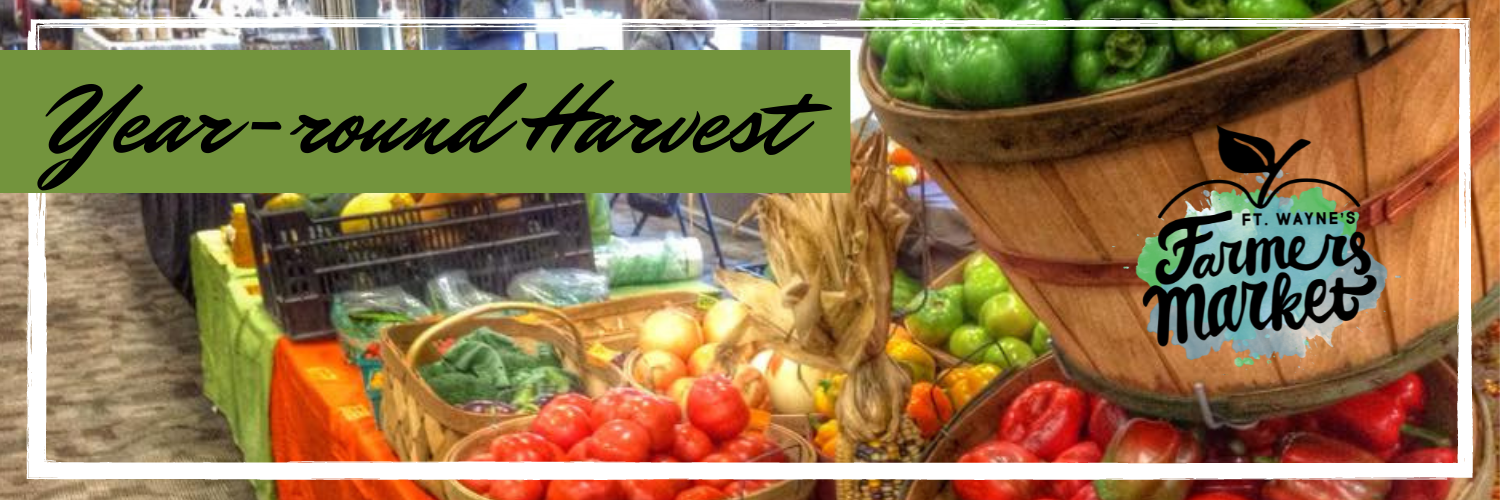Engagement
Managers/staff observe vendors, this can highlight attributes that drive success or failure –
Expressing their business standards and practices,
Engagement,
uniqueness,
appearance of displays & signage,
passion,
product mix,
promotion and persistence.
Attributes
Just as important to vendors' success, are the market's attributes. Visit the market at various times of the day. Managers and vendors are busy setting up and may not have time to talk.
Observe and Questions to ask:
Do they hold to the publized standards and mission statements
Do the current vendors feel respected
Is the market management respected by the vendors
Is their goal to help you be successful
Is it operated effectively and efficiently
If there are issues - Are they approachable, are resolutions reached, do they understand and empathize with your concerns.
Are the vendors growing successfully while the market is growing?
What is the market lacking that you can contribute and/or ask the manager. This may help increase your success and impact.
Will you be able to park at your stand or offload and park elsewhere?
Is there electricity if you need it? or is there a decibel level required for generators?
Are there signs directing people to the market?
Are there social media and websites up to date and managed well?
Crowd/foot traffic doesn’t always translate to money to the vendors.
Are people there to socialize?
Are they walking away empty handed?
Are they shopping and walking away with multiple bags.
Location
The physical attributes to consider when considering a farm market:
Fabric of the existing market, are they saturated in your category?
Location, How will you unload and set up and ease of doing so.
Flow of the market, is there space for a busy market with wide isles, are the isles wide enough to support flow. Can consumers comfortably stop and shop without feeling like they are in the way?
Community Access/convenience, can they ride bikes, is it easy to find, plenty of parking, family friendly, shade.
Focus, foot traffic and community support. As an example there are different types of successful markets in a community's eyes.
The type of market that is focused on being more of an event and to do various activities to create interest and a crowd.
A market that is focused on being a farm market to support your communities' needs and access to fresh food.
Is the crowd that attendees your target audience? This can only be answered by you or your past experiences.
Ultimately the success of a market and the success of its vendors are directly correlated – the job of market leadership is to optimize vendor mix with customer demand so that both the market and its individual vendors can be successful.
Once you select a market and are accepted, here’s a few basic Do’s and Don'ts:
Do’s
Be early or on time - If you are not fully set up,disorganization can cost you sales.
Brand your stand - Your stand should have an appealing look and look different from others. Your logo should be everywhere and on everything. Dress appropriately and comfortably, this is subjective. Using your judgment will come into play as you get to know your customers.
Make sure you have enough change.
Decide on the best electronic payment method. This can increase your sales by accepting a variety of payment methods.
Don’t
Don’t be late!!
Don’t be grumpy
Don’t be short on your top products, consistency on product during its season will help maintain customers. They will go searching for it if you don’t have it.
Label them as seconds or “Ugly” - unless it’s labeled as such with a reduced price. Number 1 thing customers look for when buying a product is quality, not price.
Bring your A game and enjoy your new customers




